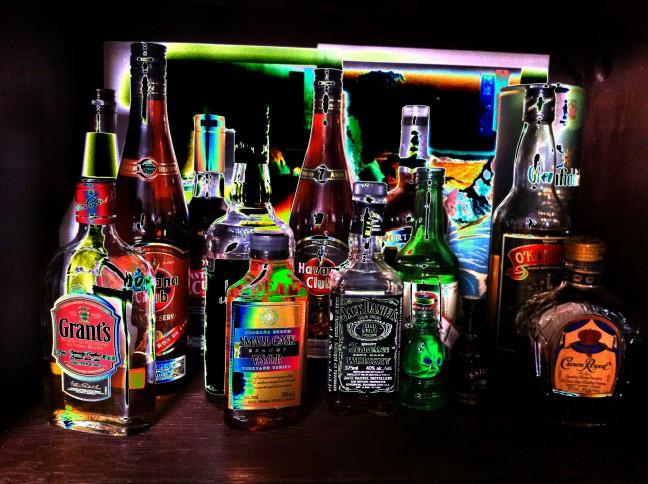Four American Indian tribes throughout Wisconsin are receiving a federal grant to help with substance abuse issues, according to Great Lakes Inter-Tribal Council Education, Human Services and Epidemiology Deputy Director Jeff Muse.
Wisconsin Public Radio reported the Inter-Tribal Council received $4 million from the Substance Abuse and Mental Health Services Administration.
The grant is a continuation of a previous Substance Abuse and Mental Health Services Administration grant due to Alcohol and Other Drug Abuse issues across tribes, Muse said.
“In response to the need, we’ve been running an AODA-type grant through SAMSHA,” Muse said. “We invited all the tribes to participate, and … four responded that they were interested.”
The four tribes who responded — the Bad River Band of the Lake Superior Tribe of Chippewa Indians, the Lac Courte Oreilles Band of Lake Superior Chippewa Indians of Wisconsin, the Lac du Flambeau Band of Lake Superior Chippewa Indians and the Menominee Indian Tribe of Wisconsin — applied for and received the grant, according to WPR.
Inter-Tribal Council Epidemiologist and Program Director Isaiah Brokenleg said the grant will allow tribes to better examine data relating to substance abuse among American Indians because current data isn’t very accurate. For example, Brokenleg said, in a survey about smoking, the state used as few as 45 people over a span of three years, which isn’t reliable data.
“That’s an inherent problem across Indian country with regards to data,” Brokenleg said.
Brokenleg said the grant, then, would create systems to collect and store more consistent data.
Drug and alcohol abuse is an issue across tribes, Muse said, because tribe communities are often vulnerable to inner city trafficking and poverty, which can lead to substance abuse.
Brokenleg said tribes experience substance abuse issues differently based on varying factors, such as geographic location. He said even though drugs and alcohol disproportionately affect American Indians, the substances affect tribes the same way they would any other race.
“It’s kind of like if you were to say, ‘How does HIV or AIDS look different in a gay community versus a straight community?’” Brokenleg said. “We might be disproportionately affected by [substance abuse], but it affects us the same way as it affects anyone else.”
Brokenleg said part of the reason substance abuse disproportionately affects the American Indian community is because they had to adapt to alcohol and drugs. People outside the tribes introduced them to the substances, he said, which is why American Indians have such a negative history with substance abuse.
A series of traumatic events throughout history, Brokenleg said, are also to blame for tribes’ negative relationship with drugs and alcohol.
Alcohol abuse in particular is something that affects a wide scope of Wisconsinites, according to WPR. The Institute for Health Metrics and Evaluation reported Wisconsin is the heaviest drinking state in the nation.
Brokenleg emphasized even though substance abuse is an issue within tribe communities, it is important not to stigmatize American Indians based on just that.
“We are so much more than this one issue,” Brokenleg said. “This is a problem, and yes, this grant is going to help us deal with it, but we are a lot more than just that.”


